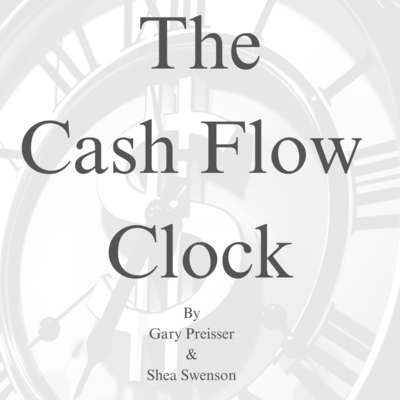The Cash Flow Clock: For Retirees - Book - Page 16

The Cash Flow Clock
Risky Money
Any assets that won’t be used for income in the next 10 years can be
invested in Risky Money. These assets can (and will) lose value. It is not a
question of if but only a matter of when and how much. The hope is that the
growth will far outweigh any potential losses and that our assets will
significantly increase in value over time so that we can use them for future
income.
There are thousands of Risky Money options. Here are a few of the most
common:
Stocks
Stocks are also called equities because they represent ownership in a
company. They offer all of the upside that comes with being a shareholder
in a company, as well as all of the downside. Stocks can be Large Cap, Mid
Cap, Small Cap, and International.
Mutual Funds
Mutual funds are investment vehicles that combine money from multiple
investors to purchase a diversified portfolio of stocks, bonds, or other
securities (according to the fund's stated strategy).
Mutual funds have some inherent issues:
Fees are part of doing business. While mutual funds are required to disclose
their internal fees in their prospectus and make them readily available on
Morningstar, Yahoo Finance, and other websites, many investors remain
unaware of how much they are actually paying.
Mutual fund performance is often affected by the actions of other investors
because they pool the assets of hundreds and thousands of investors together.
When a mutual fund grows, other investors pour their money into the mutual
fund hoping to participate in the growth. This influx of cash into the mutual
fund forces the fund manager to buy assets as the market is growing. When
the mutual fund loses, other investors tend to panic and sell out of their
position. This liquidation forces the fund manager to sell as the market is
going down.
12